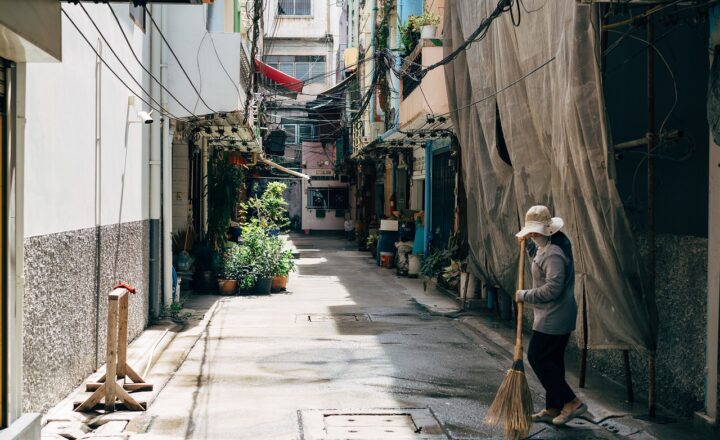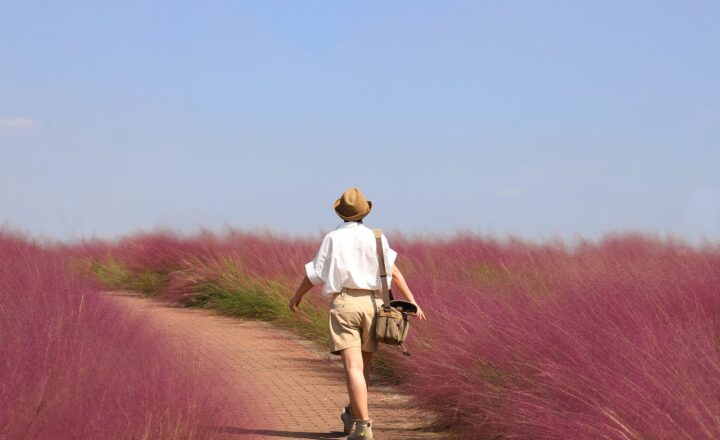Exploring Indigenous Cultures: Ethical Travel and Supporting Local Communities
November 13, 2024

Traveling is more than just visiting new places; it’s about experiencing different cultures, meeting diverse peoples, and embracing their stories. When it comes to exploring indigenous cultures, ethical travel has become increasingly crucial. This approach not only enriches our travel experience but also ensures that the communities we visit are respected and supported. In this article, we will delve into the importance of ethical travel, how to support local indigenous communities, and the ways to immerse yourself responsibly in their rich cultures.
1. Understanding Indigenous Cultures
Indigenous communities worldwide share a deep connection to their land, traditions, and ways of life that have been developed over thousands of years. These cultures possess unique languages, customs, art, and knowledge systems that offer valuable perspectives on sustainable living and ecological balance.
Recognizing this diversity is the first step in ethical travel. It’s crucial to learn about the specific culture you are planning to visit; understanding their history, struggles, and current issues helps build a foundation of respect and appreciation.
2. The Ethics of Travel
Ethical travel involves making conscious choices that positively impact the communities you visit. Here are a few principles to consider:
- Respect Local Customs: Every indigenous culture has unique traditions and customs. Research and understand the cultural etiquette to avoid offending local sensitivities. This may include dress codes, rituals, and greetings.
- Support Local Economies: Whenever possible, spend your money in ways that benefit local communities. This includes buying handmade crafts, dining at indigenous-owned restaurants, and using local guides for tours.
- Engage in Responsible Tourism: Choose tour operators that prioritize sustainability and community benefits. Avoid exploitative experiences that commodify cultural practices, such as photographing sacred rituals without permission.
- Educate Yourself: Take the time to learn about the local communities before your trip. Books, documentaries, and the communities’ own media can provide insight into their culture and current challenges, helping you engage more deeply and respectfully during your visit.
3. Supporting Indigenous Communities
Supporting indigenous communities during your travels can take many forms. Here are several ways you can make a difference:
Participate in Cultural Exchanges
Engaging in cultural exchange programs can allow travelers to learn directly from indigenous peoples about their customs, art, and daily life. Participatory workshops in crafts, cooking, or storytelling enhance mutual understanding and respect.
Volunteer Opportunities
If you have the time and skills, look for volunteer opportunities in areas such as education, conservation, or health that directly benefit indigenous communities. Ensure that the programs are legitimate and have been established in partnership with the community.
Contribute to Community Projects
Many indigenous communities welcome donations or sponsorship to aid in sustainable development projects. Research causes that resonate with you and donate or contribute in meaningful ways.
4. Engaging with Indigenous Art and Culture
Art is a powerful means of expressing cultural identity and can serve as a significant way to support indigenous communities. Here’s how to appreciate and promote indigenous art responsibly:
- Buy Original Artworks: Purchase authentic artworks directly from indigenous artists or community-run galleries to ensure that the profits go back to the community.
- Participate in Local Festivals: Many indigenous communities host cultural festivals showcasing their traditions through music, dance, and art. Participating in these celebrations fosters a greater understanding and appreciation of their culture.
- Document Your Experiences Responsibly: When sharing your experiences through photos or social media, ensure that you have permission from those you feature, especially in ceremonial contexts, to respect their privacy and cultural sensitivities.
5. The Impact of Ethical Travel
Ethical travel can create a ripple effect, benefiting communities and fostering cultural exchange. When travelers make conscious choices, they not only contribute economically but also promote cultural preservation and appreciation. Additionally, responsible tourism can help empower indigenous communities, maintaining their cultural heritage in an increasingly globalized world.
As more travelers engage with indigenous cultures ethically, the stories and wisdom of these communities can thrive, allowing future generations to appreciate their rich heritage.
Conclusion
Exploring indigenous cultures offers an enriching experience for any traveler, provided it is approached ethically. By showing respect, supporting local initiatives, and engaging meaningfully, you can foster a dialogue that honors the history and culture of indigenous peoples.
In doing so, travel can become a transformative experience, not just for us, but for the communities we visit, ensuring that their voices are heard and their cultures continue to flourish in a modern world where their stories are often overlooked. Ethically traveling isn’t just about the destination, but also about the journey of understanding and connection that lies within.







